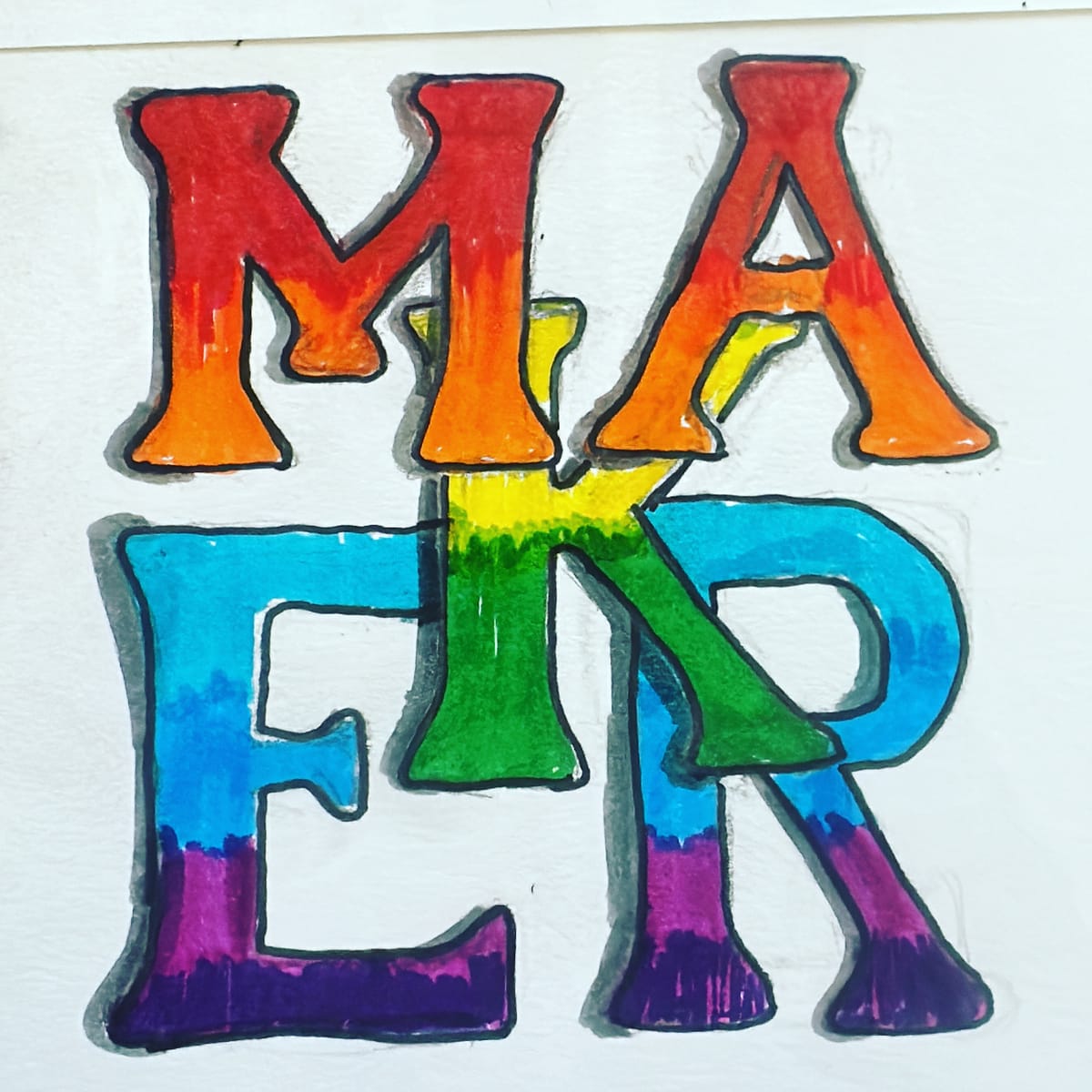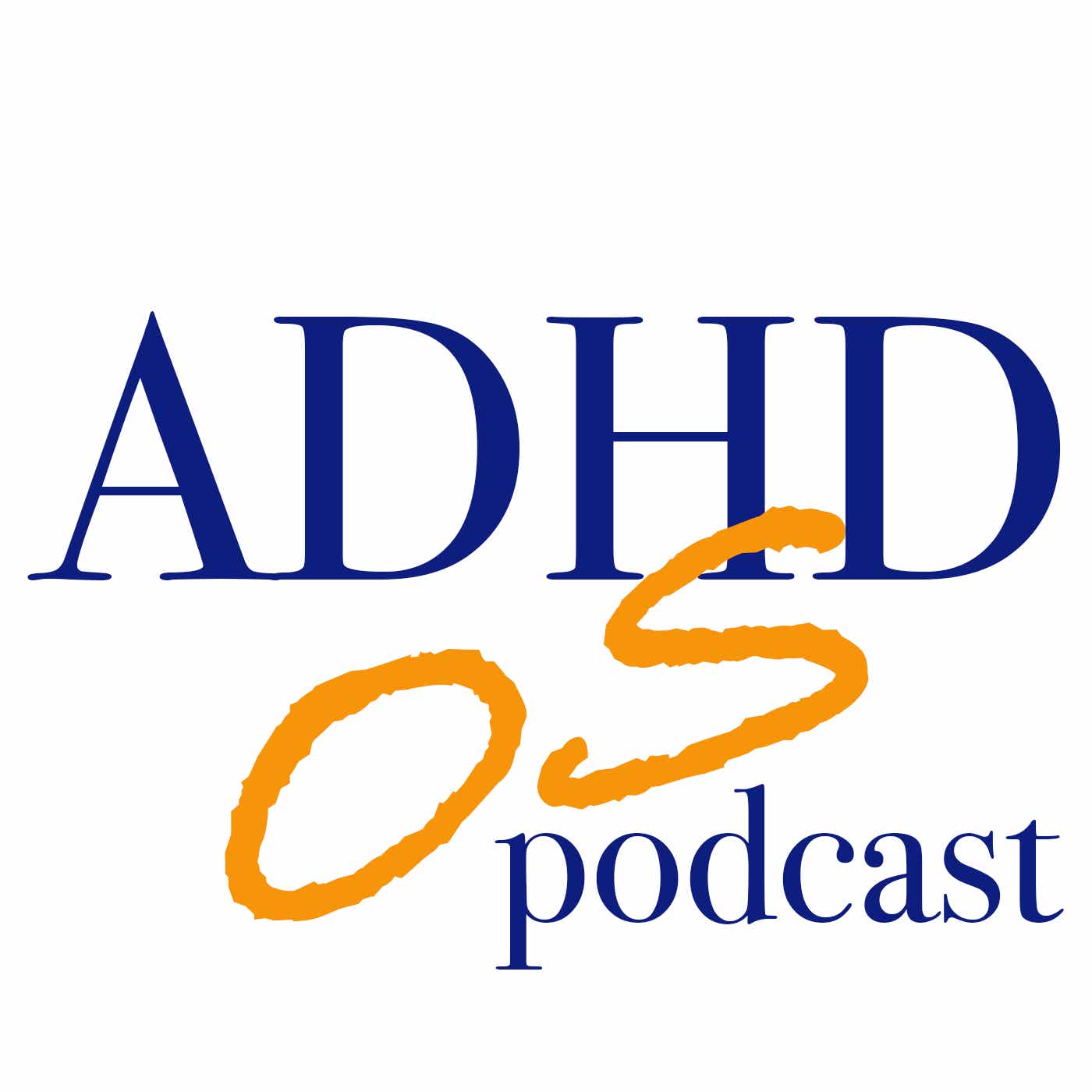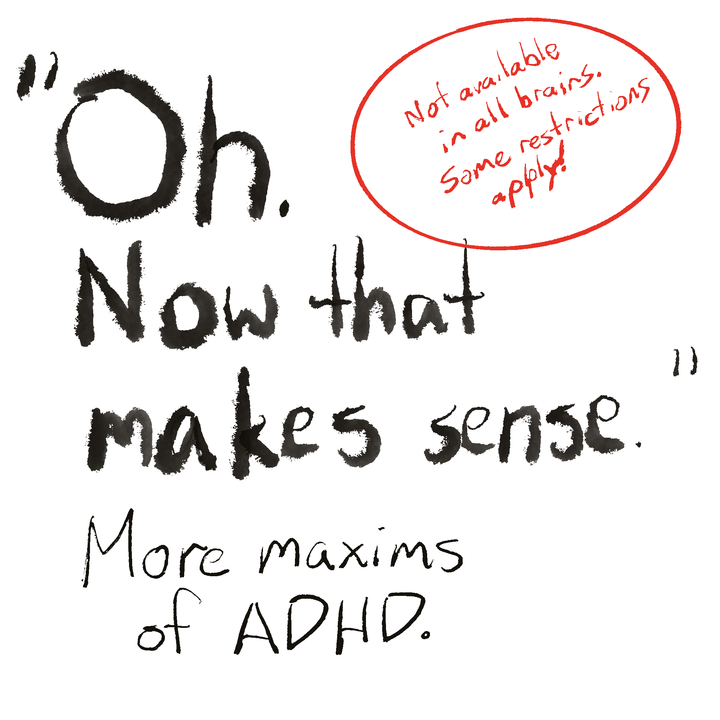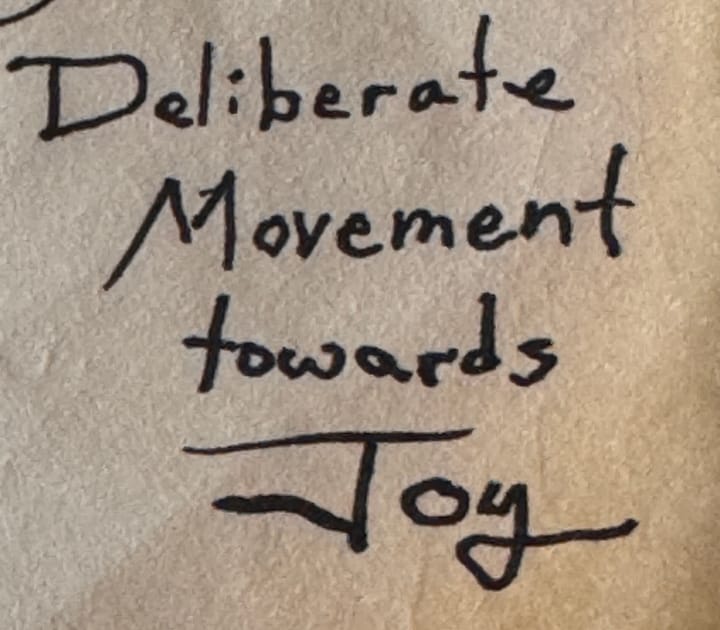The Creator Economy is Rigged Against ADHDers
We thrive on novelty. An interesting niche is just a dopamine surge away from becoming a cage, a pit, a trap! We may carry our hyperfocus-enabled expertise with us, but we don’t want to share it any more — not when there’s that Shiny New Subject that we’re learning about.

And how we might be able to leverage our weird brains to enjoy it anyway
We all know how to succeed as a social media creator, right?
All you need to do is
- have a clear idea and niche to talk about,
- post consistently,
- acquire and operate a professional suite of software and gear, including lighting, cameras, mics, scripts, teleprompters, preferably with the ability to make content in multiple locations
- not care whether or not anyone actually likes our content, just publish it anyway
- post that content on multiple platforms, in multiple formats
- stay aware of current trends and themes within our niche subject, without spending too much time on social media.
If we do that long enough, according to the social media coaches out there, we’ll build a following, acquire sponsors, get noticed and invited places, and eventually get to make a living out of our niche content, which is the dream, right?
You can see how much that’s rigged against an ADHD brain, right?
We thrive on novelty. An interesting niche is just a dopamine surge away from becoming a cage, a pit, a trap! We may carry our hyperfocus-enabled expertise with us, but we don’t want to share it any more — not when there’s that Shiny New Subject that we’re learning about.
We are more vulnerable than most to being sucked down social media rabbit holes for hours, to making impulse purchases, to having extreme reactions to criticism and disagreement. It’s right in the name — “attention deficit”, though we really understand it’s more a matter of controlling the surplus of attention that we actually possess.
Not to mention that our tendency to “dolphin” — talk about one thing, then suddenly dive under the surface, discover new connections and pop up in an entirely different subject means that we often have ideas that are hard to really explain, much less market.
For example: over the past few years I’ve enjoyed rabbit holes into making pocket notebooks and other papercrafts, I’ve explored many different versions of journaling, I’ve obsessed about making every-day-carries both effective and convenient, and I’ve been rediscovering the joy of long-form reading (i.e., books).
So when a content coach asks “what can you offer as a recurring workshop” my brain doesn’t pick out one simple thing. It tries to twist them all into a Rube-Goldberg workshop where we make a new journal by hand every month for Daily Pages, including a pocket commonplace book to jot down ideas, a folder to collect ephemera to journal about (and collage with), and we also create a bookmark for the book we pick out to read (not one book for everyone, everyone just picks out a book they want to read that month — something I heard described as an “Unbook Club”).
Oh, and since I like naming things like Dr. Seuss, it would be the Notebook UnBook Club Nook.
Ridiculous. I’ll probably do it anyway, at least for a while. But will it bear the burden of supporting my extravagant midwestern lifestyle?
Not likely.
It’s not just social media, it’s the entire “expertise/craftsman/artist” paradigm.
It came up in a conversation with my best friend about the way that seeing amazing talent and skill that might inspire some makes us more often feel like why bother? We’ll never be that good.
I’m guilty of that mentality myself: I used to bristle whenever someone would say I can’t draw and sternly point out to them that it’s rather that they won’t draw — that anyone who draws consistently and deliberately will automatically improve.
That’s the path of “true” craftsmanship and artistry, right?
It was said with a level of internalized ableism that I’m ashamed of — it’s similar to someone saying to me well, if you want to build endurance, just run every day, as if my knees weren’t collections of ground-up cartilage and abrased bones.
Or when you have ADHD and you’re told if you’d just try harder and pay attention, you’d do fine in that class.
I want to apologize here for those who I lectured about how all they had to do was consistently practice. It may be true in an empirical sense, but the reality is that not everyone has the ability to put in the focused time needed to achieve what most people — including themselves — consider “good.”
(Let’s be real, though: given the realities of social media views and sharing, the label “good” or even “good enough” has a shelf life somewhat less than that avocado you just bought).
If the game is rigged, you have a few choices.
The first is the obvious one: don’t play.
That might save you from some of the self-criticism and disappointment of not being perfect and amazingly talented right away, the way that the internet and the mythos says you’re supposed to be. But it doesn’t get rid of the desire to do the thing — draw, dance, sing, make — in the first place.
The second option is to find a different game. Find something that you are naturally good at, instead, and just do that forever. It’s kind of the reverse of the previous solution: you get lots of quick, fast dopamine hits because of the ease of success, but you miss out on the satisfaction of finding a challenge, focusing on it, and overcoming it. While consistency is not necessarily one of our virtues as ADHDers, hyperfocus can make up for a lot of that, but it only works if we’re just challenged enough to be slightly out of our comfort zone.
Don’t worry; there is hope.
Thanks to K.R. Moore’s Neuroqueering Your Creative Practice workshop, a third option recently occurred to me:
What if we play the same game, but by different rules?
What if we changed both the process and the outcome?
That’s what we’ll be exploring in the next post.
---
I’m keeping the posts here free, but I’d love to be able to create special activities, materials, and events for subscribed members — so if you’re interested in that, please do click the “subscribe” button. And if you’re still reading…why not share this article with someone else who might find it interesting.
Oh, and if that notebook unbookclub nook does sound good to you, let me know — I’m thinking a small group of beta-testers would be a fun little experiment.




Comments ()